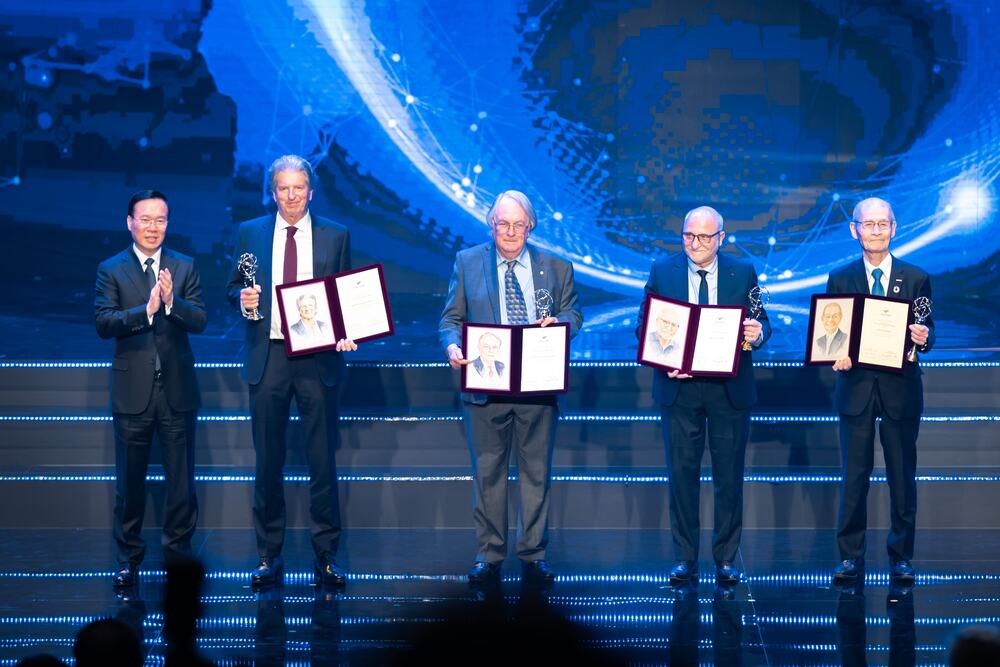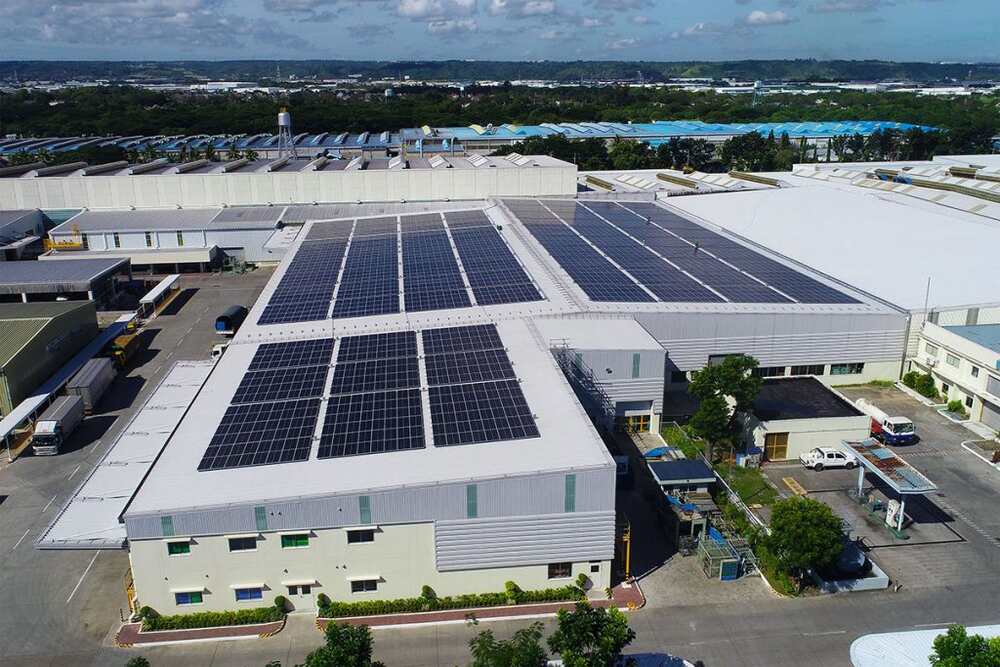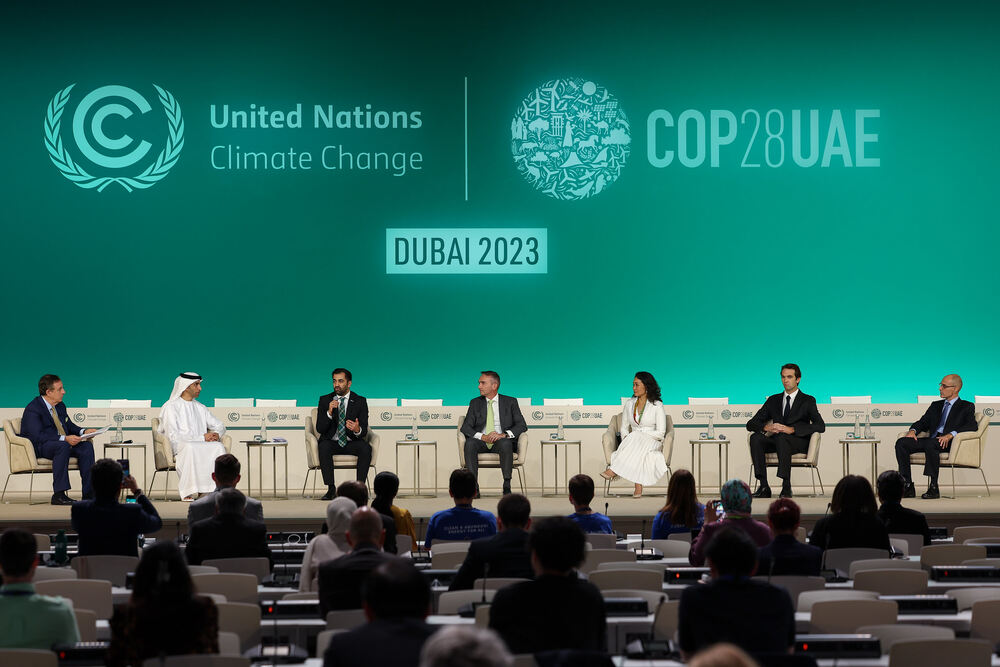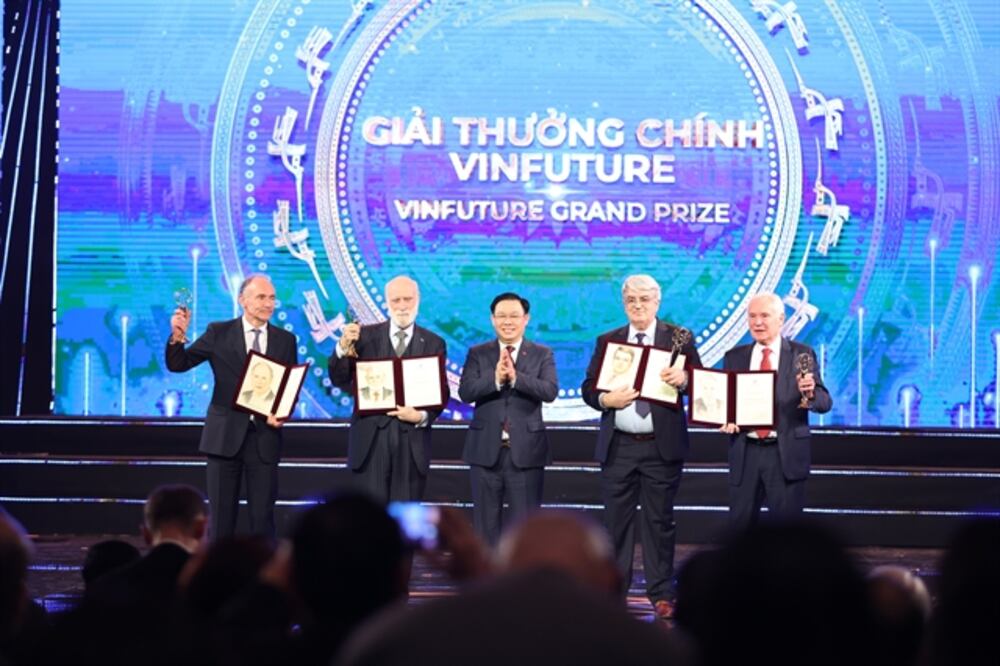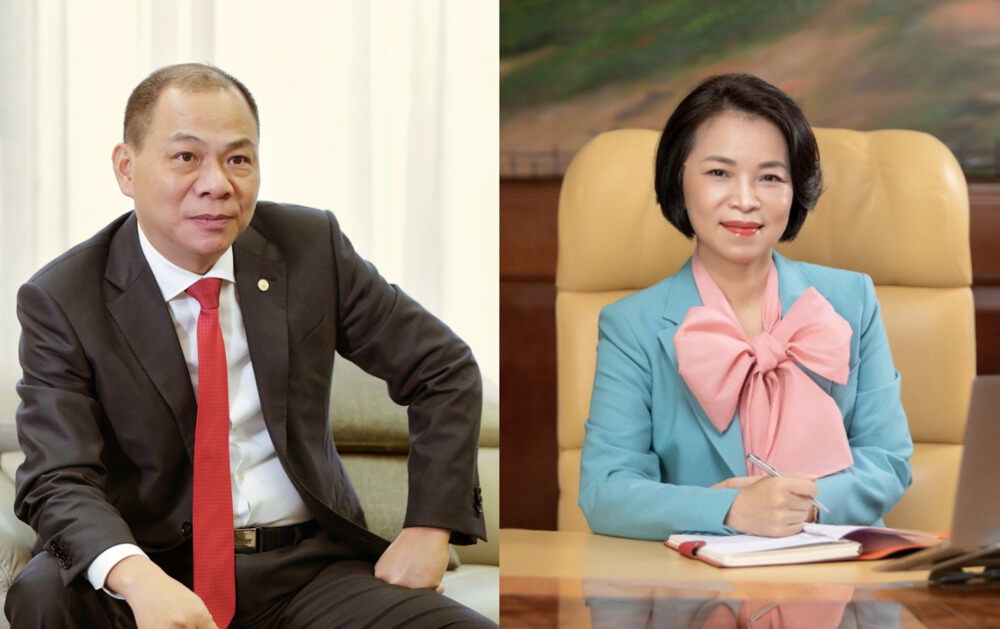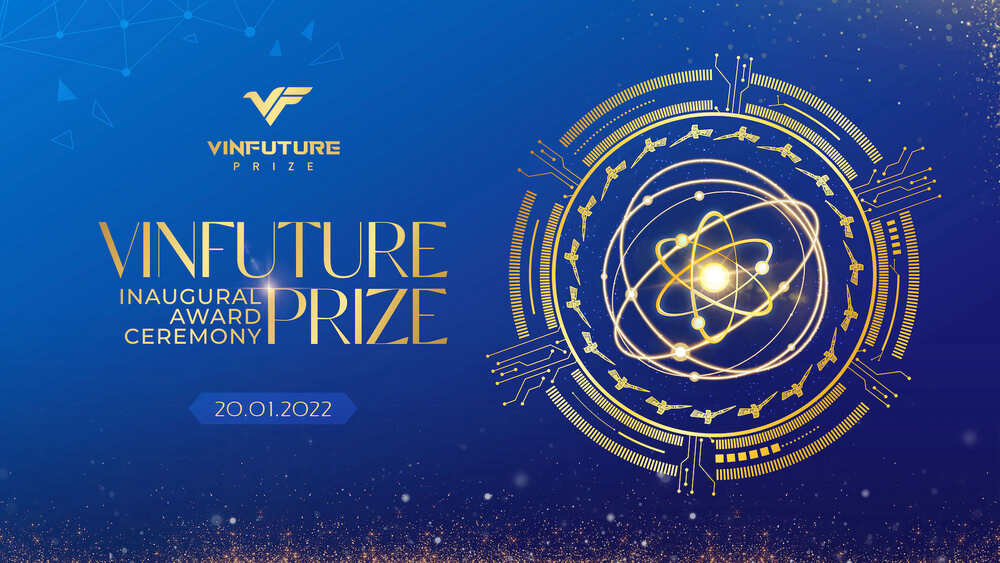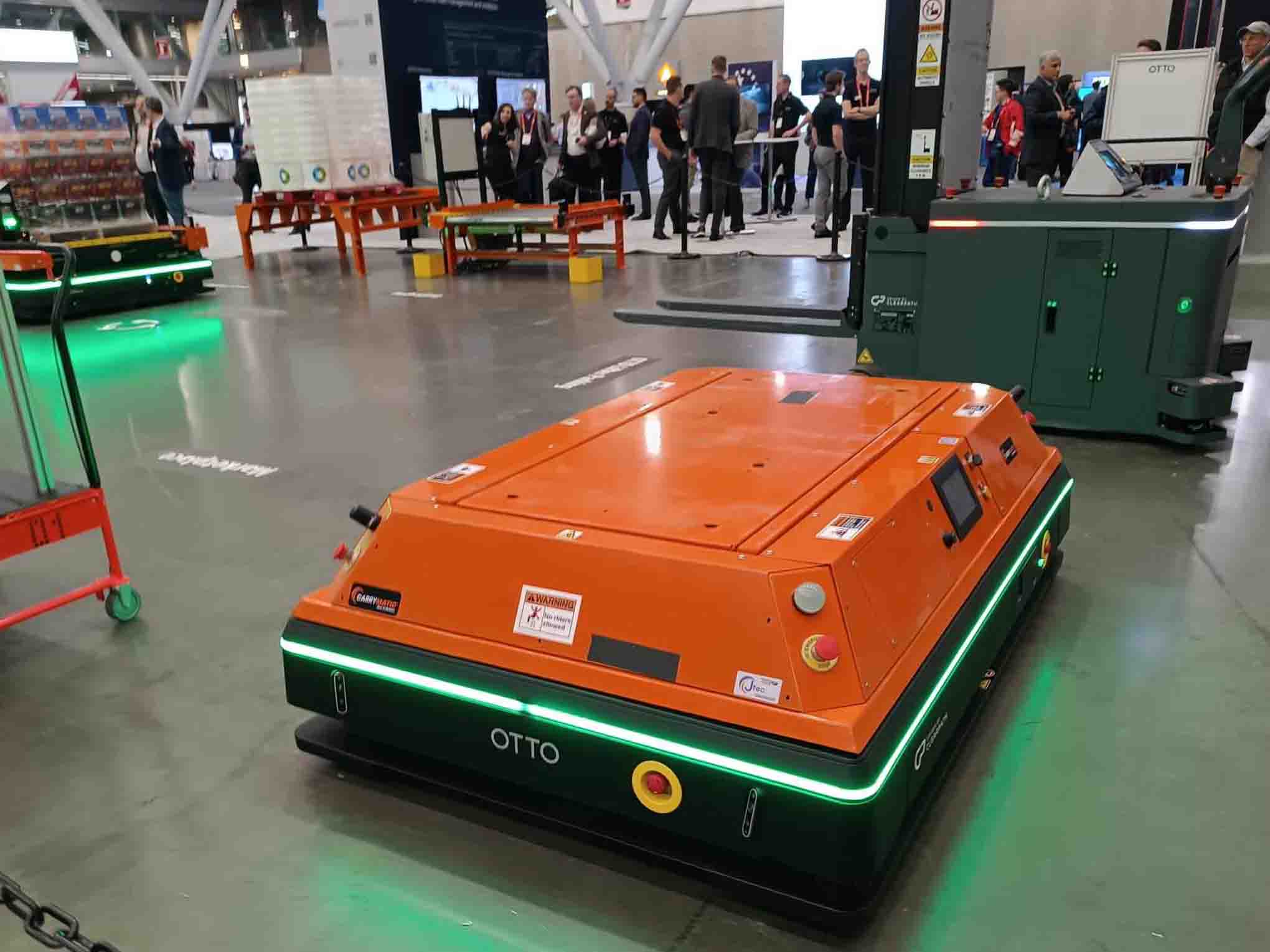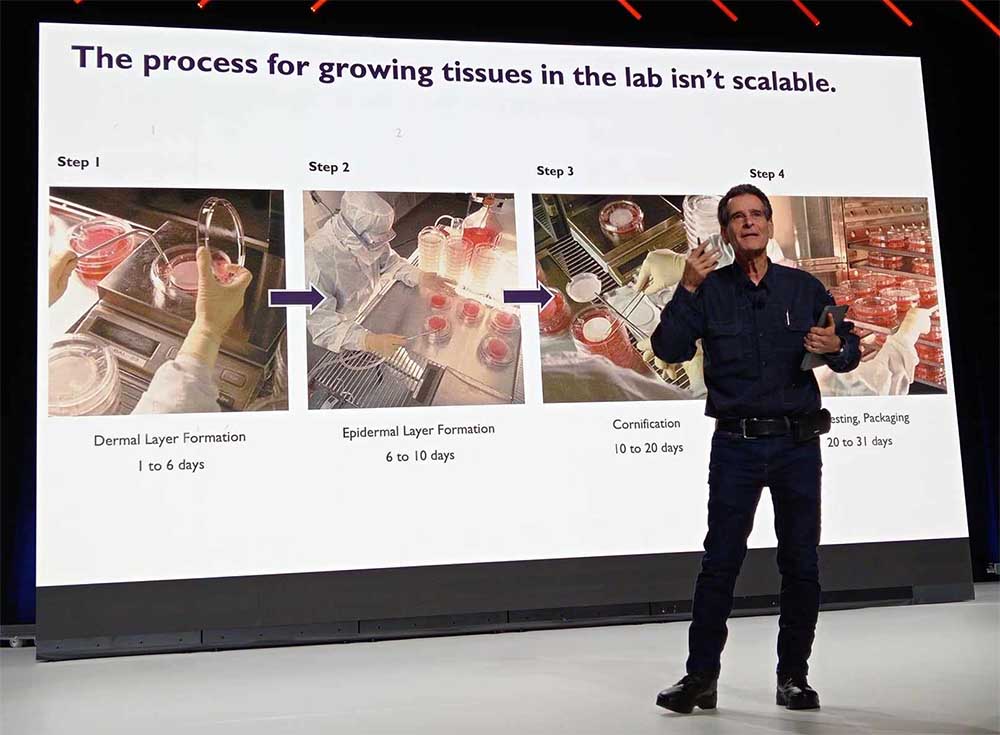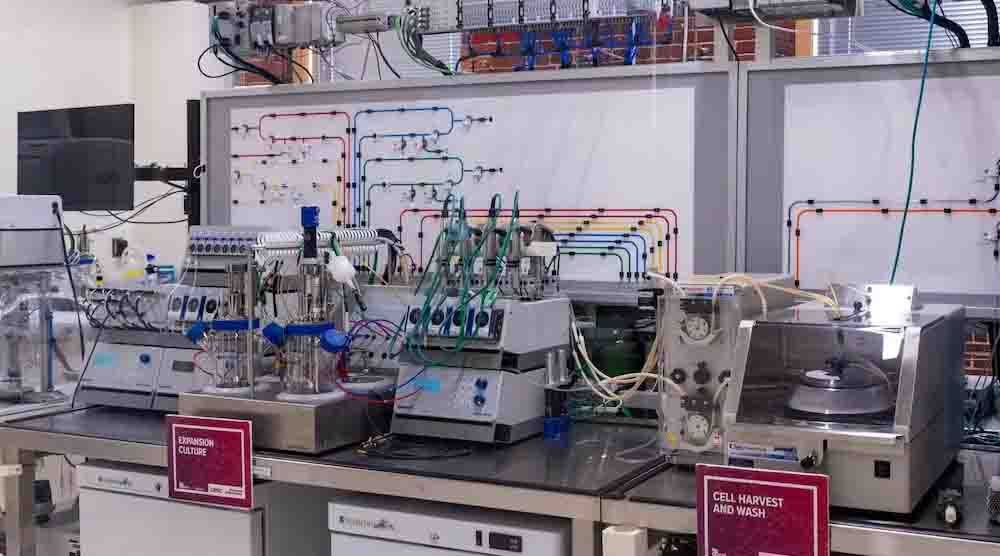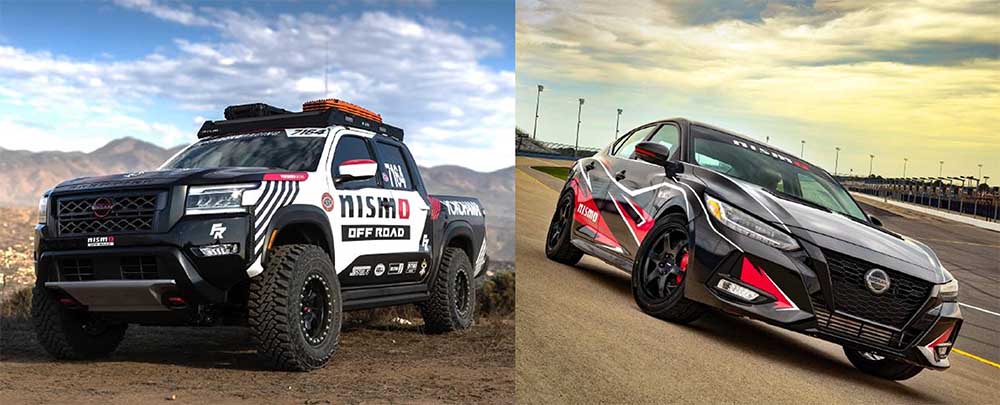ON December 19, 2023, the VinFuture Prize Awards returned to Hanoi, Vietnam, illuminating the stage with four transformative inventions poised to reshape our world.
This year’s theme, “Boundless Unity,” resonated powerfully as scientists from diverse backgrounds coalesced around solutions for pressing global challenges, showcasing the immense potential of collaboration on scientific frontiers.
No less than Víµ Văn Thưởng, President of the Socialist Republic of Vietnam was invited as guest of honor. He praised the awards and the organizers of the VinFuture Prize saying that in the whole context of Vietnam’s rapid pursuit of growth and progress, STEM (Science, Technology, Engineering, and Mathematics) played a huge role with VinGroup, the largest conglomerate in the country, leading the way.
“The value of the VinFuture Prize is to encourage the spirit of science, humility and inquisitiveness, the courage to overcome challenges to rise above various limits and conventional thinking to create and serve humanity…The success of the VinFuture Prize is a fitting result of serious of the serious and dedicated efforts of its founders. I express my appreciation, respect and congratulations to the founders of VinFuture Prize ,” Víµ Văn Thưởng said in Vietnamese.
Nobel prize already acknowledged by VinFuture Prize
The Vietnam president added that the encouragement brought about by the VinFuture Prize has prompted a global following.
During the inaugural award ceremony in January 2022, the grand prizes went to Dr. Katalin Karikó and Professor Drew Weissman for their pioneering research on nucleoside modifications, which played a crucial role in the development of mRNA vaccines against COVID-19. (Read about it here.)
Dr. Karikó and Professor Weissman were later awarded the 2023 Nobel Prize in Medicine, further solidifying the significance of their research that was already acknowledged by the VinFuture Prize in 2021.
“We must ensure that scientific advancements translate into tangible improvements in people’s lives. These award-winning projects are shining examples of how innovation can address critical issues like healthcare, food security, and environmental protection, particularly in developing nations,” Víµ Văn Thưởng added.
Sunbathing the Future: Clean Energy Revolution
Claiming the $3 million grand prize each were four visionary minds—all academicians and professors, Australian Martin Green, American Stanley Whittingham, Rachid Yazami from Morocco, and Japanese Akira Yoshino. Their combined brilliance birthed a solar and energy storage powerhouse. Prof. Green’s PERC technology revolutionized solar cells, boosting efficiency by 10%, and ensuring widespread accessibility.
Meanwhile, the lithium-ion battery, championed by Prof. Whittingham, Yazami, Yoshino, and the late Prof. John Goodenough, unleashed an energy revolution. These breakthroughs pave the way for a carbon-neutral future, where sunlight directly fuels our homes and vehicles, offering a practical and sustainable alternative to fossil fuels.
Prof. Goodwood passed away at 101 years old, only in June of this year.
Conquering Disease: Hope for Millions
In the realm of healthcare, the 2023 VinFuture Prize for Innovators with Outstanding Achievements in Emerging Fields recognized the transformative work of Prof. Daniel Joshua Drucker, Prof. Joel Francis Habener, Prof. Jens Juul Holst, and Assoc. Prof. Svetlana Mojsov. Their discovery of the pivotal role of glucagon-like peptide-1 (GLP-1) unlocked novel treatments for diabetes, obesity, and even neurodegenerative diseases. Tens of millions of lives already benefit from this breakthrough, with millions more projected to experience its life-changing impact in the coming years.
Nourishing the World: A Sustainable Plate for All
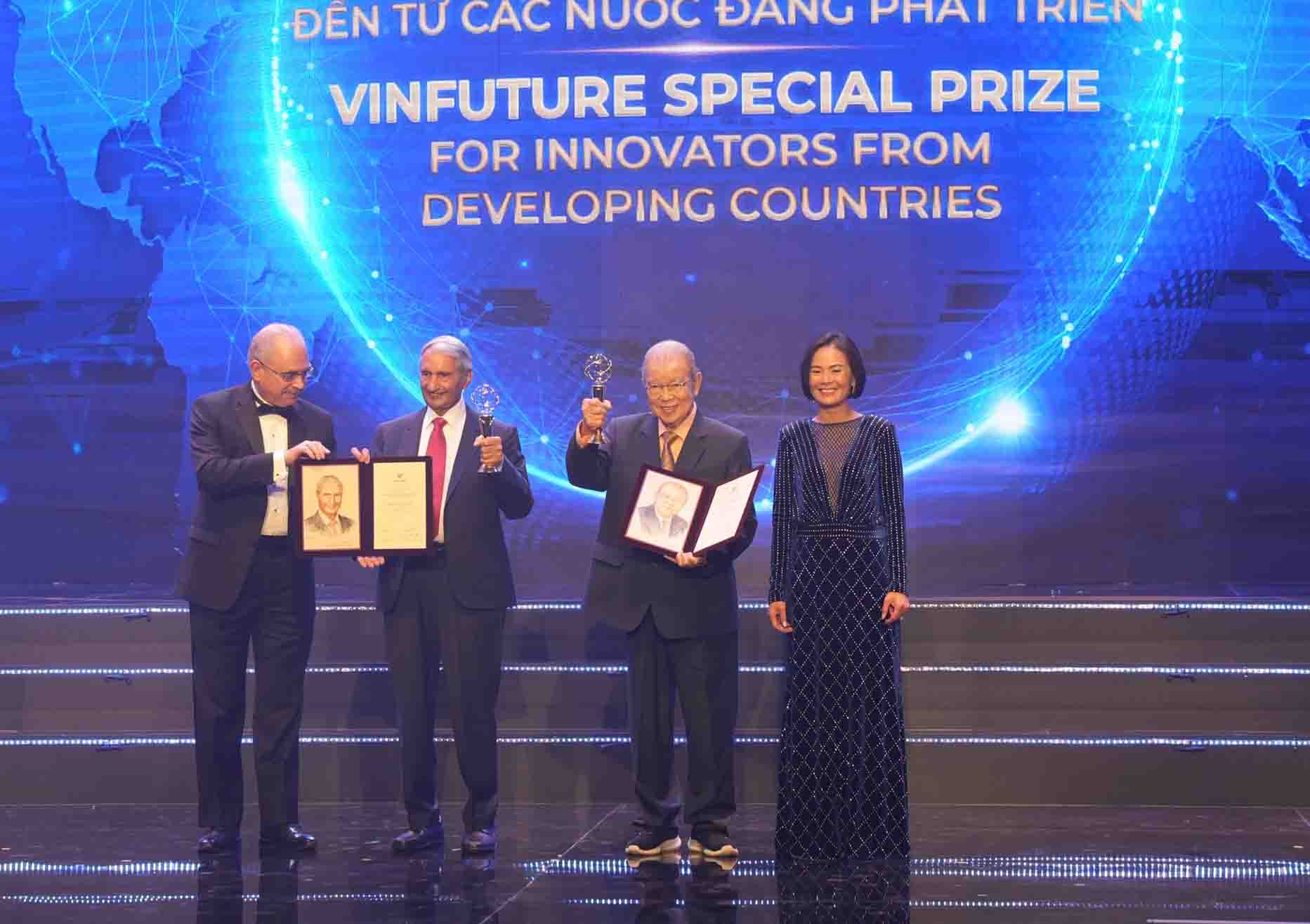
The Special Prize for Innovators from Developing Countries shone a spotlight on Prof. Gurdev Singh Khush and Prof. Vo Tong Xuan from Vietnam. These agricultural heroes are responsible for disease-resistant rice varieties like IR36 and IR64, currently nourishing millions in vulnerable regions.
Their tireless efforts in developing high-yielding, pest-resistant rice varieties have revolutionized food security in Southeast Asia, offering a pathway towards sustainable food production and improved resilience for millions facing hunger and malnutrition.
Protecting Our Planet: A Legacy of Stewardship

Prof. Susan Solomon (USA) stood tall as the recipient of the Special Prize for Female Innovators for her groundbreaking work on environmental protection.
Her unwavering dedication to understanding the link between chlorofluorocarbons and ozone depletion led to the historic Montreal Protocol, one of the most successful environmental agreements ever forged.
Prof. Solomon’s relentless pursuit of knowledge has safeguarded our planet’s ozone layer, protecting ecosystems and human health for generations to come.
A Friend to all
“Collaboration is the cornerstone of scientific progress. The greatest breakthroughs often emerge from bringing together brilliant minds from diverse backgrounds, united by a shared vision and a dedication to solving important problems,” Sir Richard Henry Friend, Chairman of the VinFuture Prize Council. told the crowd gathered at the awards ceremony.
Apart from his work at the prize council, Friend is a distinguished scientist. He holds the Cavendish Professorship of Physics at the University of Cambridge and is the Director of the Winton Programme for the Physics of Sustainability and of the Maxwell Centre.
“This year’s theme, ‘Boundless Unity,’ reminds us of the crucial role we all play in fostering collaboration and harnessing its potential for a brighter world,” he added saying that the 2023 VinFuture Prize winners are pioneers.
Friend also emphasized that the winners have not only made extraordinary scientific discoveries but also translated them into solutions that can have a real and lasting impact on people’s lives. Their work is an inspiration to scientists and innovators around the world.
Beyond celebrating individual achievements, the 2023 VinFuture Awards underscored the power of collaboration in advancing scientific frontiers.
These winning projects showcase the boundless potential of diverse minds coming together to tackle global challenges. From sunlight powering our homes to breakthroughs in healthcare and environmental protection, the 2023 VinFuture Prize illuminates a path towards a more sustainable, healthier, and equitable future for all. – with Lourdes Escolano

